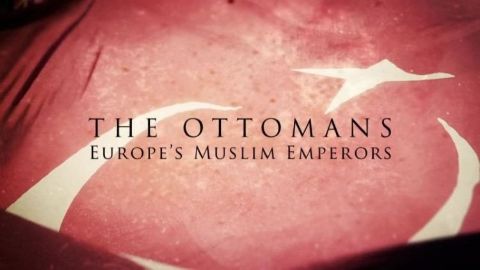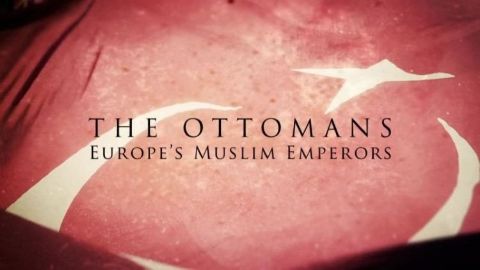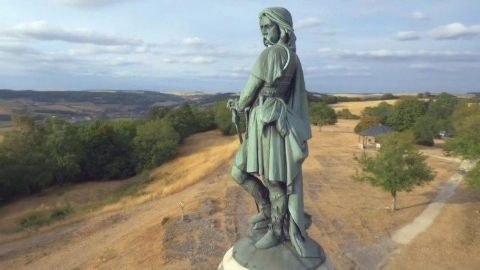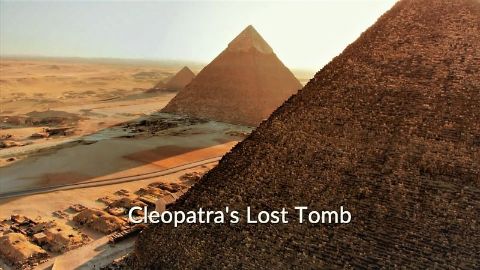Mustafa Kemal-Ataturk • 2013 • episode "S1E3" • The Ottomans: Europe's Muslim Emperors
Rageh Omaar explains how the collapse of this Islamic super-power following the first World War left problems that still exist in Europe and the Middle East today. From its capital in Istanbul the Ottoman Empire matched the glories of Ancient Rome. Yet its achievements have been largely lost in the trauma of its last few years. Brutality, massacres and the carve-up of former Ottoman lands created a legacy of tension and conflict that continue to this day. The heartland of the former empire - modern day Turkey - turned its back on its Islamic, Ottoman past. It underwent a social revolution led by military commander and secular visionary Mustafa Kemal-Ataturk. So why is Ottomanism back on the political agenda? And why are many politicians in the West hoping that Turkey can provide a role model as a modern, Islamic democracy?
Make a donation
Buy a brother a hot coffee? Or a cold beer?
Hope you're finding these documentaries fascinating and eye-opening. It's just me, working hard behind the scenes to bring you this enriching content.
Running and maintaining a website like this takes time and resources. That's why I'm reaching out to you. If you appreciate what I do and would like to support my efforts, would you consider "buying me a coffee"?
Donation addresses
BTC: bc1q8ldskxh4x9qnddhcrgcun8rtvddeldm2a07r2v
ETH: 0x5CCAAA1afc5c5D814129d99277dDb5A979672116
With your donation through , you can show your appreciation and help me keep this project going. Every contribution, no matter how small, makes a significant impact. It goes directly towards covering server costs.








